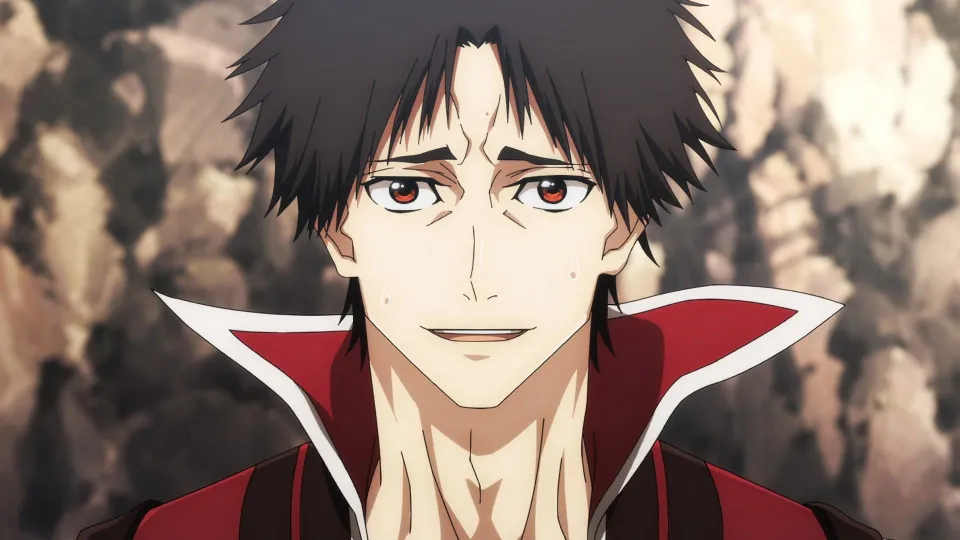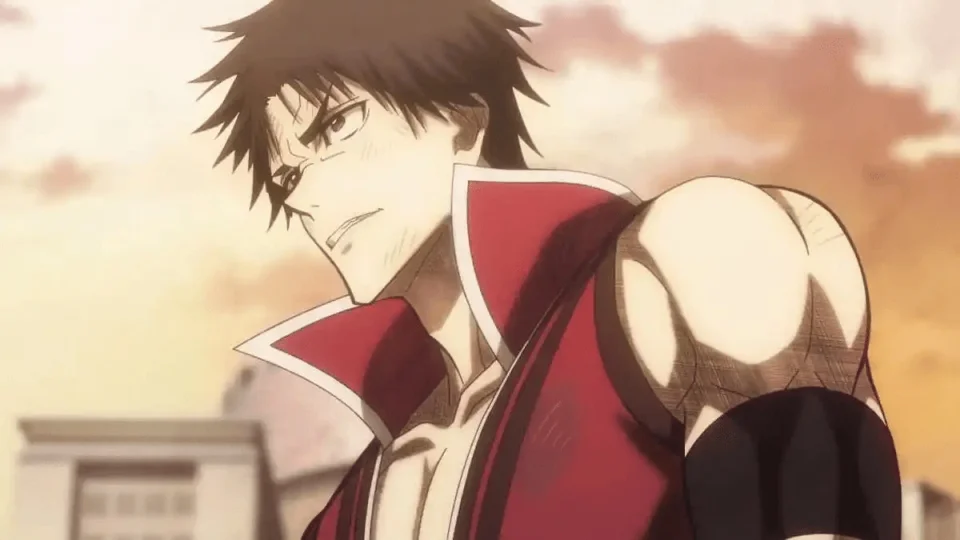Old Men Are Invading Anime, They Say

In recent weeks, Japanese forums have been flooded with discussions about an emerging trend in the anime industry: the growing popularity of series focused on "older men" who become invincible protagonists, are reborn in new worlds, and become extremely popular. This trend has been reinforced with the recent announcement of anime adaptations of works such as "Akuyaku Reijou Tensei Ojisan", "Katainaka no Ossan, Kensei ni Naru", and "Salaryman ga Isekai ni Ittara Shitennou ni Natta Hanashi".

Comments on forums offer a wide range of opinions on this phenomenon:
- "Older men can relate, that's why it has some popularity. But it's not an older man's fashion."
- "It seems that the audience is getting older."
- "Older men are the ones who have money and actually spend."
- "It's the era where older men are the mainstream audience."
- "Only older men watch anime."
In addition, many have pointed out that stories tend to focus on older men who, after a drastic change in their lives, find themselves in situations where they become incredibly powerful or popular, often surrounded by young female characters:
- "The older man from the countryside who is powerful and goes to the capital city and has a harem of young women."
- "Although he is supposed to become a saintly swordsman, he is already called that from the beginning in the field."
- "The old man who failed recently. The anime "Kaiju No. 8" will air again in April 2024. The second teaser has been released, with Kafka played by Masaya Fukunishi."
An example of this trend is the announcement of the anime adaptation of "Neko ni Tensei shita Ojisan," which will air starting in October. This manga, which became famous on Twitter, is about an ordinary man who is reincarnated as a cat and is adopted by the president of the company where he worked.
The trend has sparked divided opinions among fans. Some see these anime as an opportunity for identification and escapism, while others consider the focus on older men to be a reflection of the aging audience and market interests:
- "The aging of otakus".
- "It was always content aimed at older men, but now it's being blatantly tilted towards it."
While some followers embrace these changes, others express concern about the lack of diversity and the repeatability of the plots. Nonetheless, demand and commercial success suggest that this trend will continue for the foreseeable future, reflecting a noticeable shift in the demographics of anime audiences in Japan.
Source: Yaraon!

